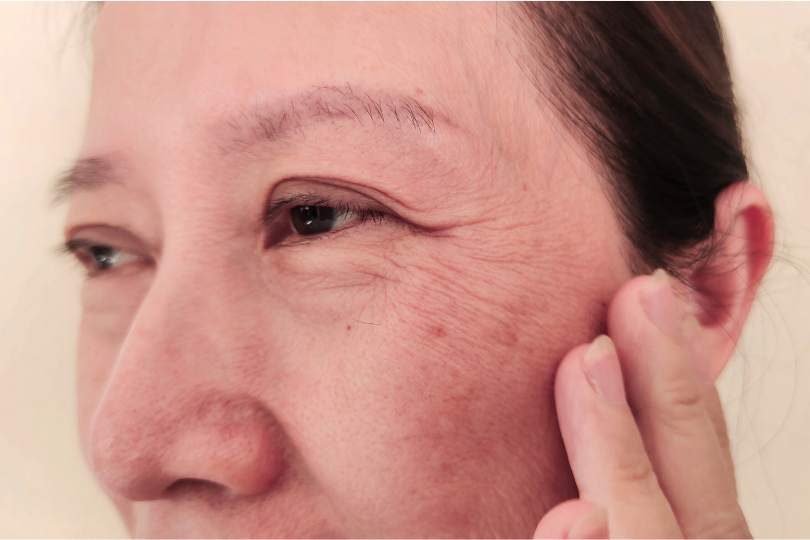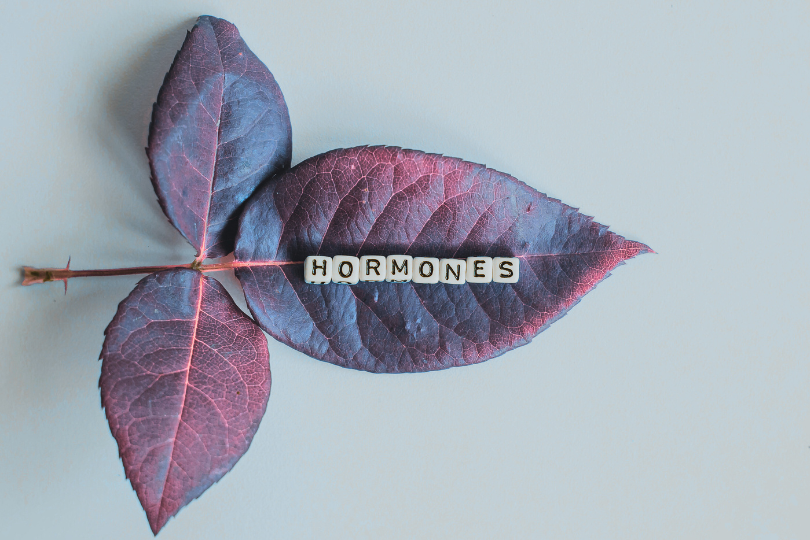As more of us explore the world of preserving fertility through egg freezing, it is important to understand how our birth control choices can play into the game. In this article, we're breaking down the different birth control types, how they might affect your egg freezing plans, and why chatting with a fertility pro is your best move.
There are 2 Birth Control Types:
Hormonal Options:
Non-Hormonal Options:
Generally, non-hormonal options will not affect egg freezing, and you’re safe to continue them throughout the egg freezing process.
On the other hand, hormonal birth control methods, which manipulate hormonal levels, may interfere with the egg freezing process. Egg freezing involves using hormones to stimulate ovaries and control ovulation. Therefore, it is commonly advised to stop hormonal birth control if you are considering egg freezing.
Here is a breakdown on specific birth control methods and whether you need to stop them.
IUDs:
The Pill:
Depo-Provera:
The Patch and NuvaRing:
While these guidelines generally hold true, it is crucial not to start or stop any birth control method without consulting a fertility specialist if you are considering egg freezing.
Surprisingly, birth control pills might be prescribed before egg freezing to synchronise the menstrual cycle. Egg freezing starts on Day 2 of your menstrual cycle; hence being able to time your period with the help of birth control is a useful method for planning your egg freezing schedule. This will feature more strongly if your periods are irregular, or if you want to schedule your egg freezing cycle on fixed dates without the unpredictability of period dates. In addition, birth control may also be used to manage the growth of ovarian cysts, to facilitate the egg collection process from the ovaries.
Birth control can influence your egg freezing journey indirectly by impacting fertility screening results. Anti-Müllerian Hormone (AMH) serves as a key indicator of remaining egg reserves, and is a test that is commonly done before egg freezing begins. The use of birth control may have a slight temporary suppression effect on actual AMH levels due to its hormonal effects. However, this suppression is typically reversible within three months after discontinuing the contraceptive, and your fertility specialist will be able to guide you best on how to proceed.
While birth control can coexist with egg freezing, the specifics depend on the birth control type and method. Again, it is crucial to consult with a fertility specialist before making any changes to your birth control regimen in the context of egg freezing. By navigating these choices with specialist guidance, we can optimise our chances of a successful egg freezing process and avoid unplanned accidents - especially during or right after egg freezing when you are extra fertile!
Interested in exploring egg freezing? Get started here with Taylor - your dedicated egg freezing partner. We find you the best clinic for your fertility condition and budget, handle all appointments and logistics, provide convenient fertility checks - all you have to do is turn up.



If your routine suddenly feels out of step, it’s not your products, it’s your hormones. As estrogen begins to fall, the signals that keep skin strong and hydrated weaken. Dryness, breakouts, pigmentation, and slower healing start to appear, even with the same products you’ve always used. The good news: you can adapt. With smart everyday care (SPF, hydration, retinoids, vitamin C), lifestyle support (nutrition, sleep, stress), and medical options when needed (prescription treatments or hormone therapy), your skin can stay strong and healthy well into your 40s, 50s, and beyond.

No one talks about it, but perimenopause can hit in your 30s or 40s, and it’s not just about your period. Think brain fog, poor sleep, low libido. Here’s what to look out for and what you can do.

Many sexually transmitted infections can lie dormant for months or even years without symptoms. Understanding the facts — and getting tested together — can help you move forward with clarity and care.